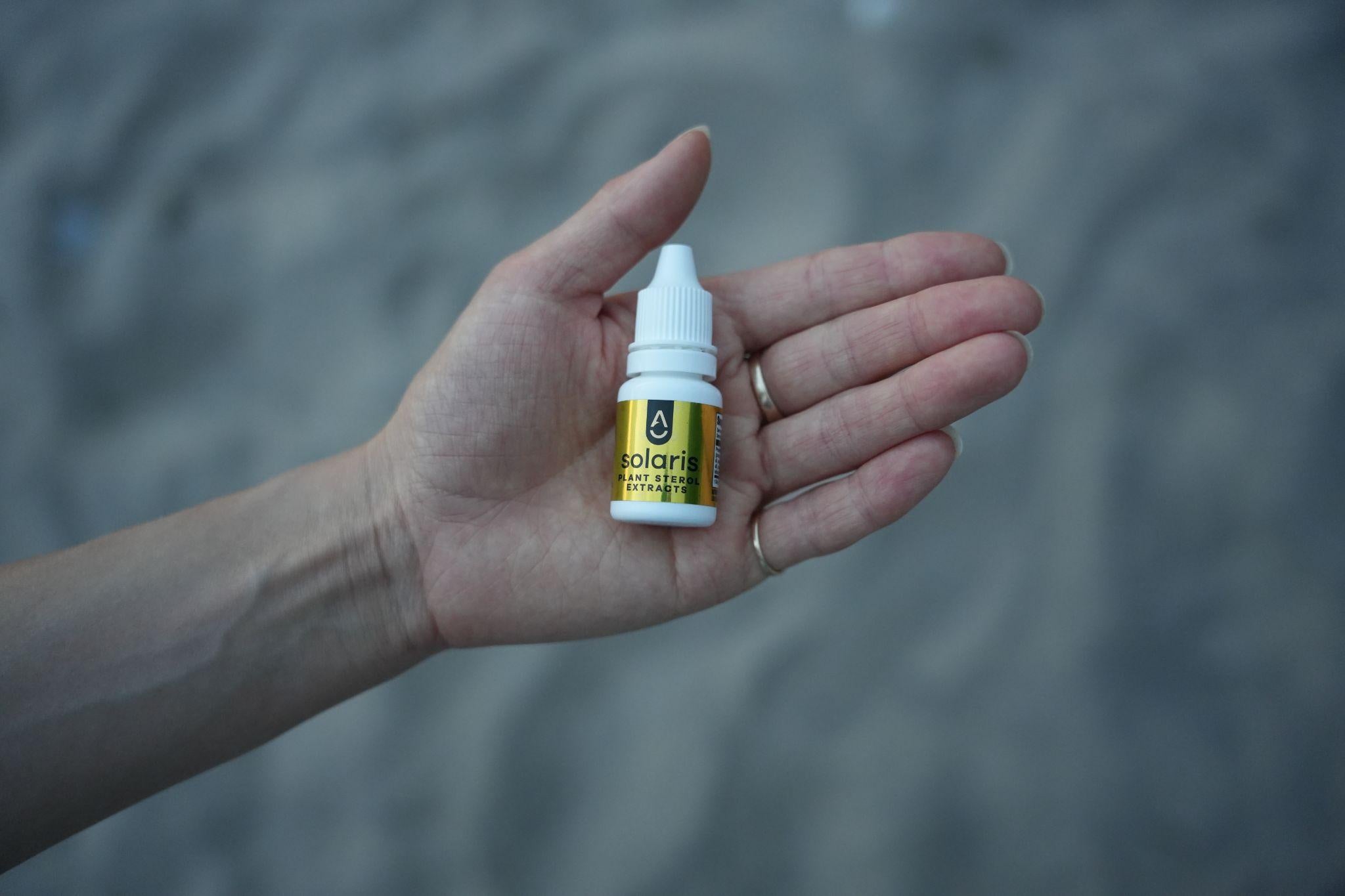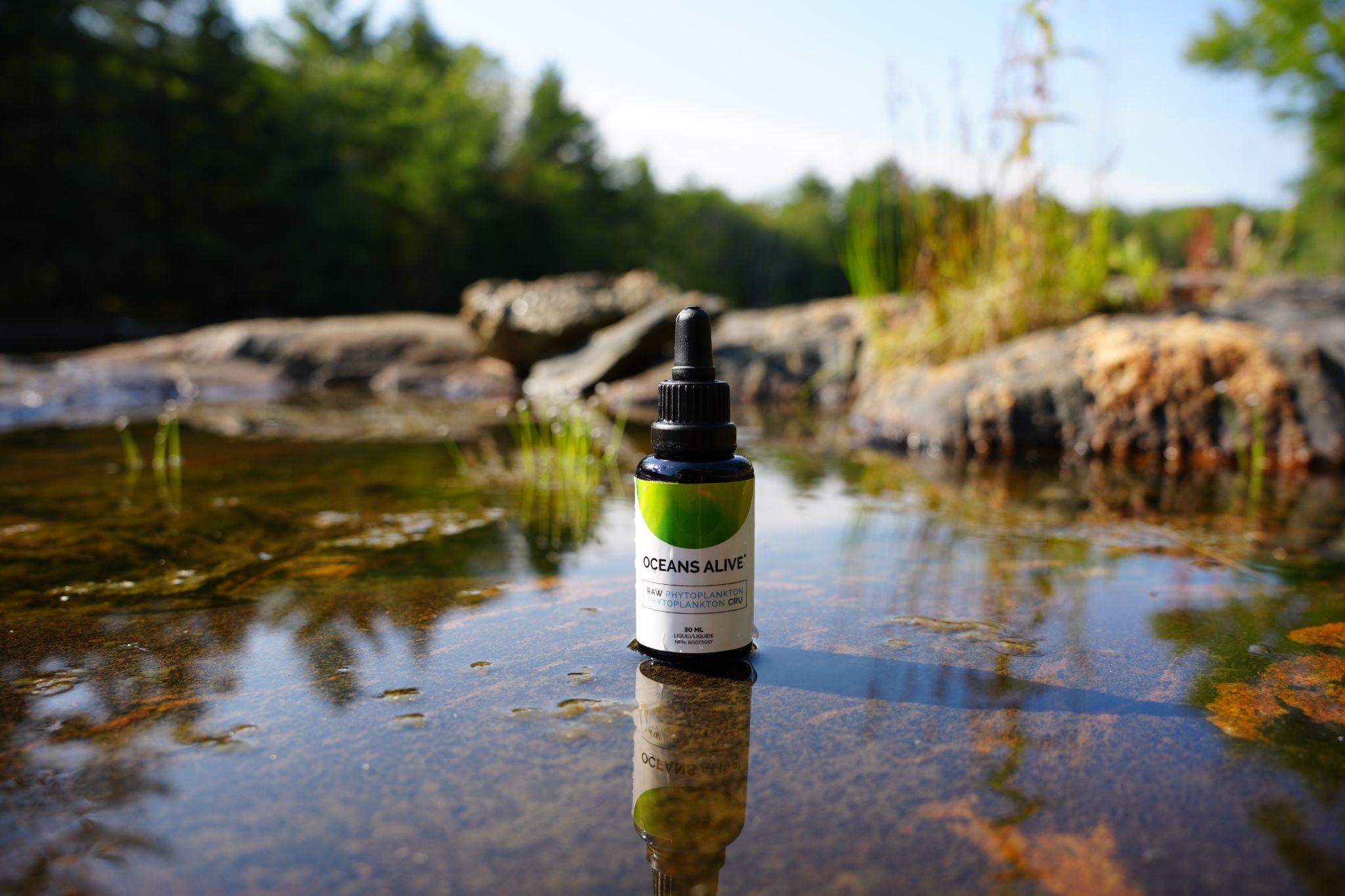
Sunflower oil can be very good for you.
But there are risks associated with it too.
Read on: we’ll talk about the risks and teach you how to identify healthy sources that allow you to safely reap the benefits of this delicious oil, without the negative consequences.
Quality over quantity
Sunflower oil is one of the most common oils used in the manufacturing of foods — and not the kind of foods you should be eating regularly if you care about your health.
It's often referred to as ‘vegetable oil’, which is a red flag (rightly) for many people.
Ben Greenfield, of SuperhumanCoach.com, goes so far as to say that: “Sunflower oil is one of the most commonly used vegetable oils in the food manufacturing industry. Sunflower oil is utilized as a base oil in commercial salad dressings, as a shortening in baked regular wheat products, or as a preservative oil in processed farmed fish like canned salmon and tuna. While this is the case, excluding sunflower oil from your diet is prudent as consumption of this edible oil may result in harmful health effects.”
We mostly agree with Ben: it's best to avoid the sunflower oils commonly found in grocery stores or used in packaged foods. However, that's not the whole story.
Why is sunflower oil so common in manufacturing unhealthy foods? Sunflower seeds have a high oil content, so purchasing these easily accessible seeds yields abundant oil. Unfortunately, you often get what you pay for.
You get what you pay for
Companies manufacturing refined sunflower oil for cooking or processed foods often purchase the cheapest seeds available. They usually don't invest in non-GMO, organic seeds, which may be exposed to pesticides and other toxins, leading to low-quality oil.
To make matters worse, the oil is extracted using high temperatures, friction, and chemical solvents, which damage the oil and cause it to begin going rancid before it’s even bottled. Companies then often bleach the oil to make it look and smell more appealing, removing any cloudiness and natural scent. This process makes it difficult to determine whether the oil is rancid.
How can vegetable oils harm my health?
In its unrefined state, pressed without the high temperatures, chemical solvents and bleach, sunflower oil can be very nutritious.
It can help keep your heart healthy and reduce the risk of heart attacks, provide you with more energy, boost your immune system, reduce inflammation and it even has some impressive beauty benefits, like improving the look and feel of your skin and hair. Check out this blog post for more specifics on the oil benefits.
When you reach for a grocery store bottle of sunflower oil, though, you won't be getting any of those benefits and it can even do you harm.
According to Colleen M. Story at RenegadeHealth.com, "Even in oils that are simply heated, there can be a loss of valuable nutrients, including tocopherols, sterols, and antioxidant carotenoids. That’s why many prefer cold-pressed oils when possible, as they are more likely to retain the maximum amount of nutrients."
Not only that but the heat used to extract the oils can also damage the bonds of the unsaturated fats, which causes them to go rancid.
Rancid oils can cause free radical cells to form. Free radicals 'steal' electrons from other cells and mutate them, leaving your body vulnerable to disease. This is called oxidative stress.
Obviously, if you want to benefit from sunflower oil you need to find high-quality oil that is pressed without heat or chemicals.
What about the omega–6s?
A lot of people are concerned about the fact that sunflower oil is high in omega–6 fatty acids.
You may be aware that most Americans these days are getting too many omega–6s and not enough omega–3s.
Wellness Mama explains why that's a problem: "Vegetable oils contain a very high concentration of Omega 6 fatty acids and polyunsaturated fats, which cause an imbalance of these oils in the body. Omega 6 fats are easily oxidized with heat or light exposure. This is another reason that when these types of fats/oils are incorporated into tissue like skin cells, the heat and light from sun exposure can increase skin cancer risk."
As I mentioned in a recent blog post, you should be getting a balance of omegas. The ideal ratio is somewhere between 4:1 and 1:1, omega–6:omega–3. Most Americans are getting 16:1! Plus, they're getting those omega–6s from unhealthy sources.
Learn more about the importance of omega fatty acids here.
First, increase your omega-3 intake. Then, examine your omega-6 sources. If they come from processed foods or refined oils, cut them out immediately. Replace them with healthy omega-6 sources like organic, unrefined sunflower oil.
Omega-6s are essential for good health, and your body can't produce them independently, so you must get them from food.

Where can you find a healthy source of sunflower oil?
At Activation Products, we're thrilled to offer pure, organic, unrefined sunflower oil. Our commitment is to provide you with supplements and foods that support good health, free from fillers or impurities.
We start by sourcing organic, non-GMO seeds that are inspected and tested for quality. While sunflower seeds are common, finding top-quality seeds is challenging.
Our Perfect Press Technology ensures the seeds are pressed without heat, friction, or chemicals, preventing oxidation and rancidity. The oil is bottled in Miron glass to protect it from sunlight.
When you pour Perfect Press® oil, it's as fresh as when it was pressed. However, due to our method's guarantees of top quality, we can't produce large quantities of sunflower oil at once, so our supplies are limited.
For demonstrated results and guaranteed quality, choose Perfect Press® Five Seed Blend.
Resources:
http://superhumancoach.com/negative-effects-of-sunflower-oil/
http://www.naturalnews.com/024694_oil_food_oils.html
http://wellnessmama.com/2193/never-eat-vegetable-oil/












Low-Fat Diet Myths Debunked
Sea Minerals and Marine Phytoplankton